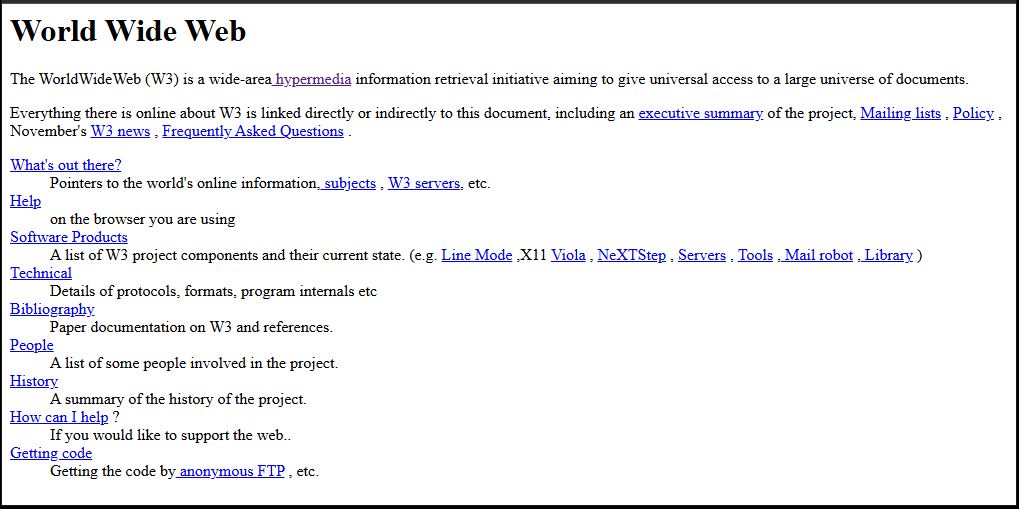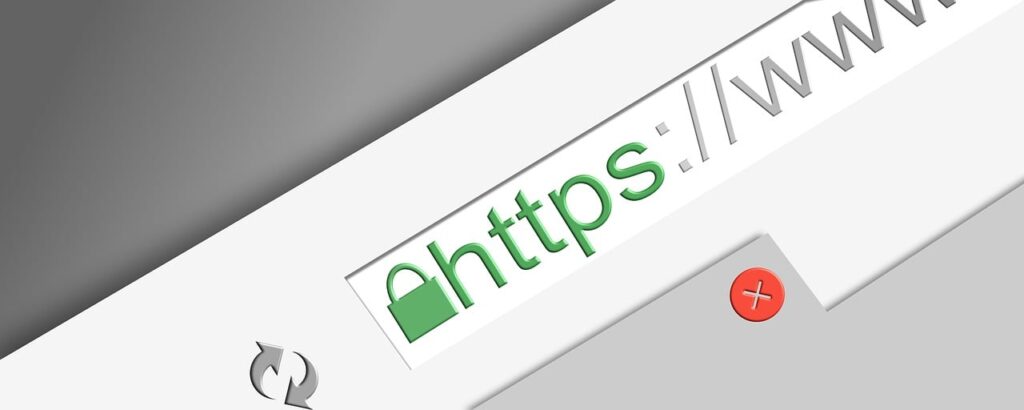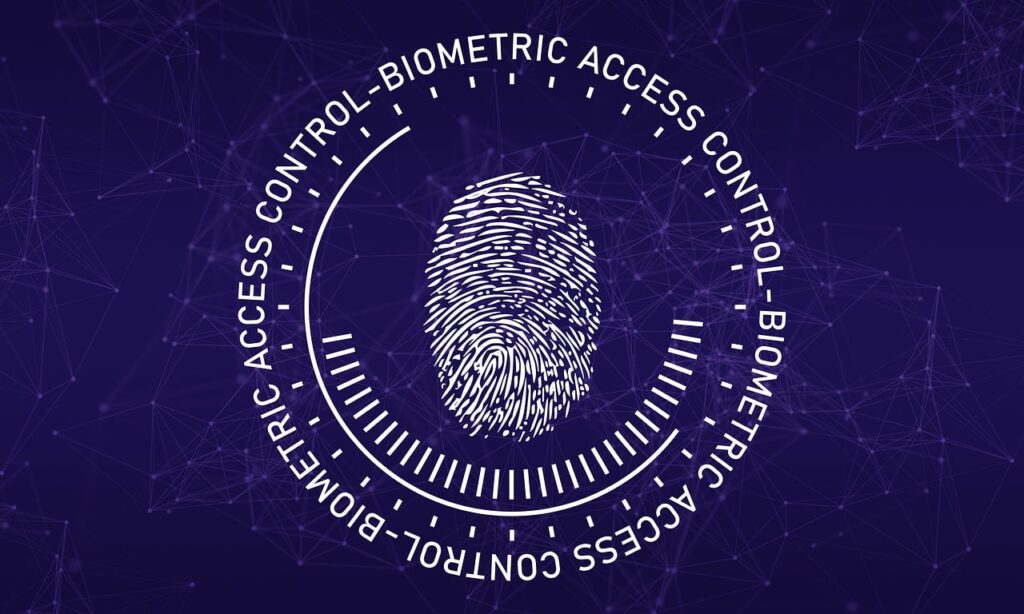The internet, as we know it today, is home to billions of websites covering every imaginable topic. However, it all started with a single webpage. The first website in history was info.cern.ch, created by Sir Tim Berners-Lee in 1991. This groundbreaking achievement laid the foundation for the World Wide Web, revolutionizing the way we communicate, share information, and conduct business.
The Birth of the First Website
Tim Berners-Lee, a British scientist at CERN (the European Organization for Nuclear Research), developed the concept of the World Wide Web (WWW) in the late 1980s. His goal was to create a system that allowed researchers to easily access and share information over a network. On August 6, 1991, he launched the first-ever website, hosted on a NeXT computer at CERN.
What Did the First Website Contain?
The content of info.cern.ch was quite simple by today’s standards. It provided:
An introduction to the World Wide Web
Instructions on how to create web pages
Guides on using hyperlinks and HTML
Information about the WWW project
A directory of other websites (which were very few at the time!)

The Technology Behind the First Website
The website was built using HyperText Markup Language (HTML) and was served by the first web server, CERN HTTPd. The internet was still in its infancy, and web browsers were limited to simple text-based interfaces.
How the First Website Changed the World
The creation of info.cern.ch marked the beginning of a new digital era. Some of its significant contributions include:
The birth of the modern internet and web browsing
The development of HTML, HTTP, and URLs, which became the backbone of web technology
The launch of open-source initiatives, allowing global collaboration
The foundation for e-commerce, social media, and online communication
Can You Visit the First Website Today?
Yes! A restored version of the first website is available at info.cern.ch, where visitors can explore a piece of internet history and see how it all started.
Conclusion
The first website was a humble beginning that set the stage for the digital world we live in today. From a single webpage at CERN to a vast network of interconnected sites, the internet continues to evolve, shaping our lives in ways that Tim Berners-Lee could have only imagined.
What are your thoughts on the first website? Let us know in the comments below!







